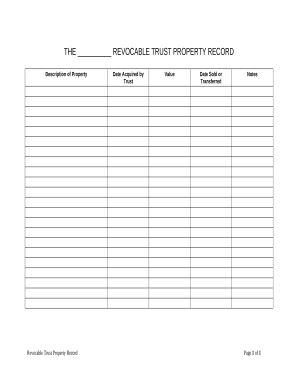
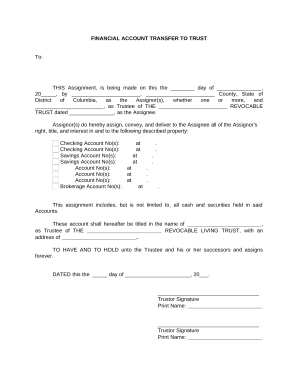

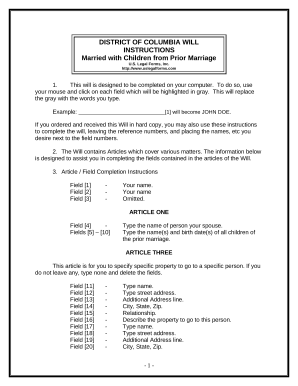
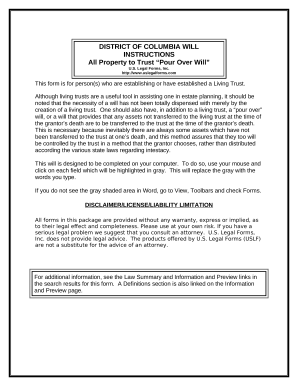
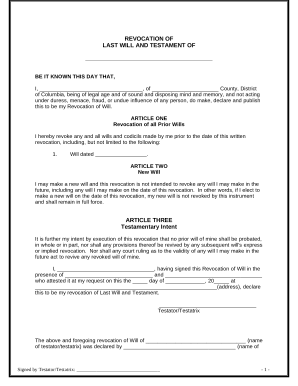



Document administration can overpower you when you can’t discover all the forms you need. Fortunately, with DocHub's vast form categories, you can discover all you need and swiftly take care of it without changing between applications. Get our Estate Planning in District of Columbia and begin utilizing them.
Using our Estate Planning in District of Columbia using these basic steps:
Try out DocHub and browse our Estate Planning in District of Columbia category with ease. Get your free account right now!